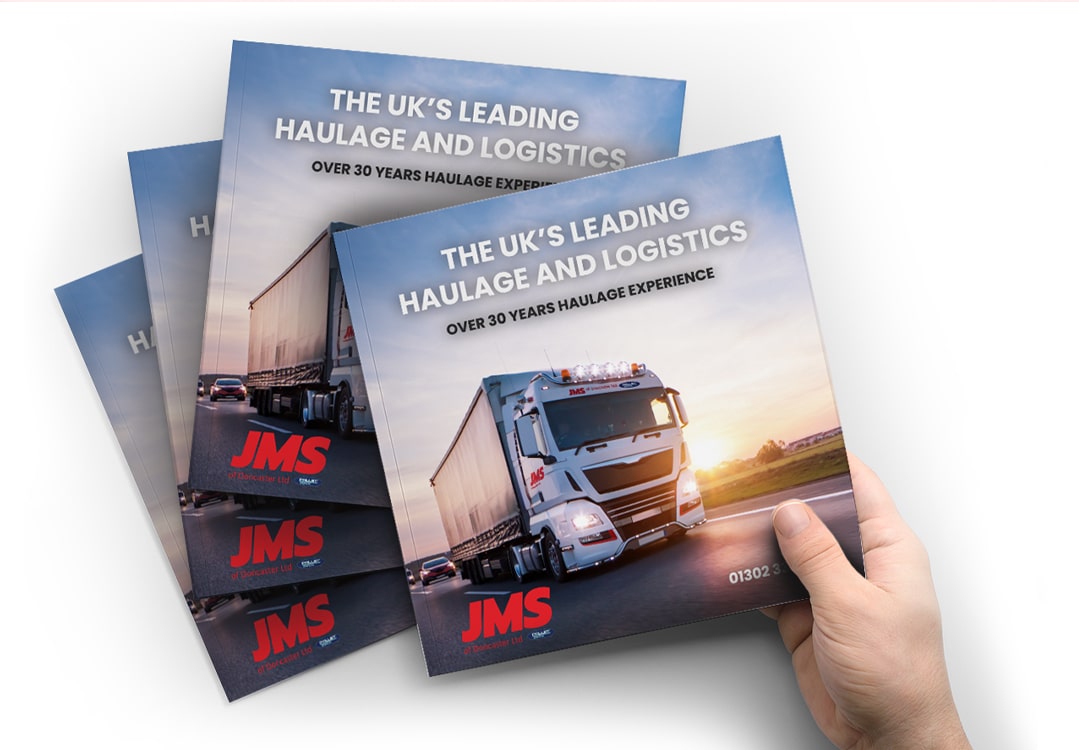By 2025, HGV emissions are set to be at a fifth of what they were in 2013. Meanwhile, according to US research, chemicals in everyday household products are now a key contributor to city air pollution, rivalling some vehicle emissions. This begs the question; is the haulage industry to blame for increased air pollution?Last month, Michael Gove announced the UK government's Clean Air Strategy, aiming to cut air pollution by 2025. The government aim to halve the number of people living in locations with air pollution levels above World Health Organisation guidelines in this time. At JMS Haulage, we always focus on environmental risks and exposures, constantly looking for ways to improve our environmental performance.
UK Clean Air Strategy 2018The Road Haulage Association (RHA) has cautiously welcomed the government's new Clean Air Strategy, which does not specifically target the haulage industry. Instead, the strategy targets domestic fuel, ammonia farming and car tyre dust. New legislation, ensuring only the cleanest domestic fuels are being sold, should prevent around 8,000 tonnes of harmful particulate matter from entering the atmosphere each year. For the first time ever, the UK government is making an effort to reduce ammonia emissions from farming – responsible for around 88% of total ammonia emissions.Although the strategy is cracking down on pollution targets outside of the haulage industry, it also gives individual councils more powers, which is still a worry for transport companies. Without specific, nationwide legislation, the waters are muddied for haulage companies who face potential charges for bringing certain vehicles into specific areas. This is in addition to last year's £3.5-billion plan to reduce air pollution from all road transport and diesel vehicles.
Improving Environmental Standards
In 2015, buses and lorries accounted for just 7.6% of NOx emissions. The haulage industry has done a fantastic job cleaning air pollution, with HGV emissions being reduced by around 43% since 2013. Emissions from the haulage sector are expected to have fallen 70% by the end of 2021 – in less than a decade!At JMS Haulage, we focus attention on environmental risks and exposures within all the work we do, while looking for improvement opportunities in our business activities. Our overnight Pallet Track delivery service helps ease road congestion at busy periods during the day, and we are LEZ compliant, not restricted for access into London city centre areas.We even aim to reduce our pollution off the road, maximising our on-site recycling while identifying and managing any excessive energy consumption.The haulage industry is making fantastic steps forward in becoming more environmentally friendly, with NOx emissions expected to have dropped 70% from 2013, by the end of 2021. It's fantastic that the government are focusing on more than just the haulage industry when tackling environmental issues. But with unclear legislation across the country, and councils being given more power, transport companies could be charged for entering certain areas in the wrong vehicles. At JMS, we're continuously improving our environmental impact, constantly learning and integrating environmental awareness in all aspects of our business, with our environmentally friendly fleet.








